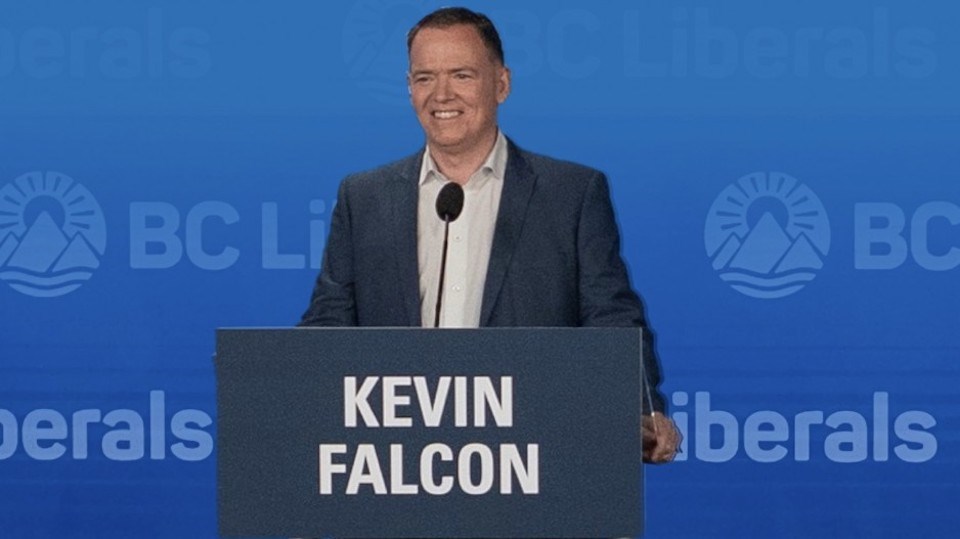A political party with the word “liberal” in its official name made its first appearance on a ballot in a B.C. election way back in 1903.
It now appears that word will likely not be on the ballot in the next scheduled election (set for the fall of 2024), as the BC Liberal Party has launched a process aimed at changing its name and jettisoning the political term “liberal,” which some in the party think is a drag on its fortunes.
It is entirely unclear what the next party name will look like. One thing is clear: the party cannot call itself the “B.C. Party,” as that name was previously registered with Elections BC and 10 years must lapse before it can be used by another entity.
Some other words that have been part of other provincial party names are also unlikely to be allowed in the new party name. They include: action, vision, citizens, first, heritage, progressive and reform.
However, despite a recent boost in its performance in the legislature (see last week’s column) the problems facing the BC Liberals run much deeper than sporting a different name on the ballot.
Having the word “Liberals” in the name did not stop the party from drifting rightward over the past 10 years or so. The ideological make-up of the current caucus is decidedly more conservative than it was during Gordon Campbell’s term in government.
During Campbell’s terms, liberals like George Abbott, Christy Clark, Colin Hansen, Gord Hogg, Terry Lake and others dominated the government, along with conservatives such as Rich Coleman, Bill Bennett and Kevin Falcon.
The party likes to call itself the “free enterprise coalition” but it has become less and less of a coalition, as one side of the spectrum now dominates the party.
The party’s conservative bent is reflected in the geographic breakdown of where the party won seats in the 2020 election. It lost eight seats in Metro Vancouver to the BC NDP, and the party has been largely pushed out of Metro Vancouver and into more conservative-friendly regions of the province such as the Interior and the North.
It can be argued the BC Liberals lost those seats not because of their name but because of a host of other issues, from their drift to the right to a lack of diversity to 16 years of accumulating political baggage. Issues like money laundering, corporate funding and housing unaffordability first began to tarnish the party in the 2017 election.
At the federal level, the word “liberals” is hardly a negative one in riding rich Metro Vancouver. Voters in that region opted for the federal Liberal Party candidate in 15 of Metro’s 24 ridings in the 2021 election.
Perhaps a name change will indeed improve the BC Liberals’ political fortunes. The NDP government’s grip on popularity will not last forever as it inevitably will make missteps (it already is doing so; see: “Museum, Royal”) and that will help the Opposition to further rebuild itself.
However, a new name does not automatically reconnect the party to the electorate. New party leader Kevin Falcon, who advocated for changing the party’s name, knows the party has to go through a renewal process on all kinds of fronts.
Improved ethnic diversity, gender equity and a broader appeal to younger voters are the key to electoral success. The party’s name? Not so much.
Keith Baldrey is chief political reporter for Global BC.




